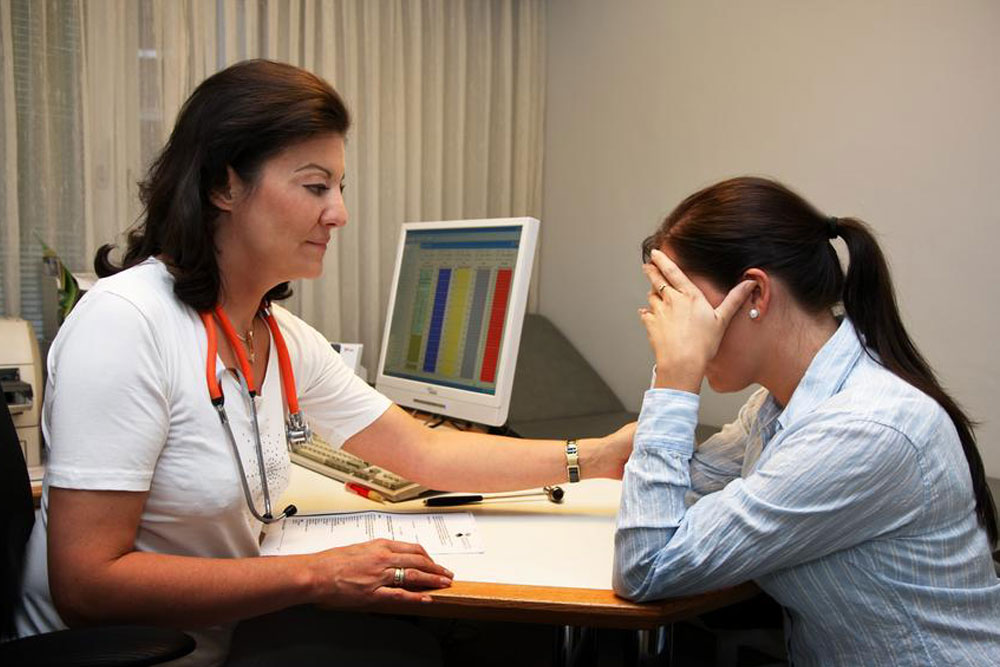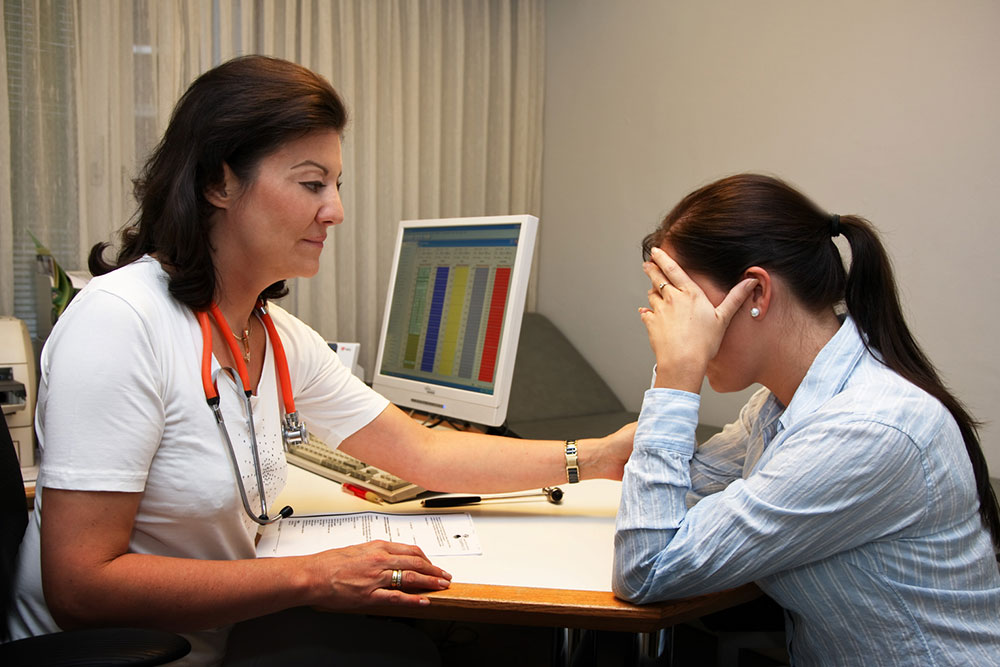Recognizing the Symptoms and Signs of Ovarian Cancer
Ovarian cancer affects women by forming tumors in the ovaries that can spread if not detected early. Recognizing early signs such as abdominal pain, bloating, and urinary issues is essential for timely diagnosis. Women with genetic risks should undergo regular screenings, including genetic testing for BRCA mutations. Early detection significantly improves treatment outcomes, making awareness of symptoms crucial. Prompt medical consultation is recommended if persistent symptoms occur, aiding in effective management of this potentially life-threatening disease.

Recognizing the Symptoms and Signs of Ovarian Cancer
Ovarian cancer is a unique disease that affects the female reproductive system, specifically the ovaries. It occurs when abnormal cells in the ovaries rapidly multiply, forming growths or tumors that may be malignant. If untreated, these tumors can spread to other organs, making early detection crucial. Common early signs include abdominal pain, swelling, and discomfort, which are often mistaken for menstrual issues. Additional symptoms may include frequent urination, bloating, and painful intercourse. Women with family history or genetic mutations like BRCA1 and BRCA2 should undergo regular screenings for early intervention.
This cancer requires prompt diagnosis and treatment to prevent spread. Be aware of symptoms such as persistent abdominal pain, bloating, urinary difficulties, and unexplained fatigue. Seek medical attention if these signs occur alongside other symptoms like nausea, fever, or headaches. Regular screenings are vital, especially for those with a family history or genetic risk factors, enabling early detection and better prognosis.










